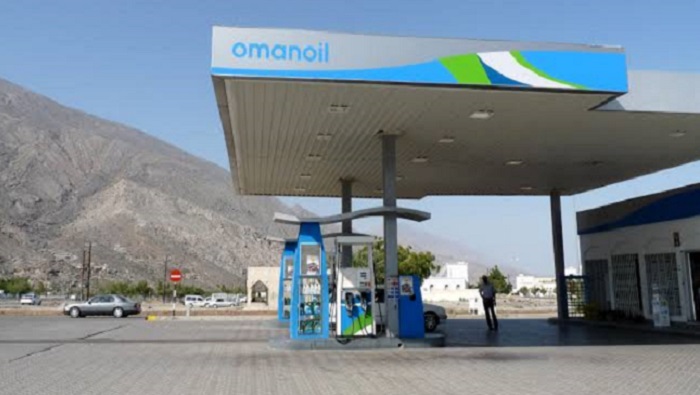
The Oman government is amidst its mission to integrate the state-owned oil and petrochemical companies. In their most recent announcement, the government has announced that it is planning to integrate OOC – a state-owned oil company – with seven domestic energy firms and the refiner Orpic. This integration is one of the latest steps forward in the outlined Nakhla integration programme, which the government embarked upon in 2018. With OOC and Orpic merging their upstream and downstream operations, the combination of Orpic, OOC, and the seven other companies will now be billed as a new, singular entity: OQ.
Oman seeks to continue its prominence in the oil and petrochemical industry, with it already being a fundamental sector within the nation. People all over Oman are already benefitting from the industry, but now that there is a concerted effort to further the strength of oil and petrochemical, more people will be able to make the most of the expanding and improving sector.
Opportunities in Oman
With an expanding industry that boasts great aspirations, there are, naturally, opportunities for people in Oman to get involved and take advantage of, such as through gauging company value. While the option to take up trading has been present for some time, with oil and petrochemical companies evidently attempting to enhance their values, there appears to be a prime opportunity to do so right now.
When it comes to people not skilled in the professions pertaining to the industry who want to get involved, finding stock trading options online for major companies has become a popular exploit. As announcements are made and companies in Oman continue to build for a bigger future, their values are expected to increase, which is why the savvy are getting involved in stock markets.
Others, however, have been seen to trade in CFDs (contract for difference). Working similarly to stock market trading, traders see profits and losses based on the movements of the asset that underpins the CFD, such as crude oil. As there are more diverse trading options, a greater amount of leverage, and general level of flexibility, some seasoned traders prefer CFDs to stock trading, but the latter option remains the more accessible and popular.
Outside of trading stocks or CFDs, there’s the obvious benefit of there potentially being more jobs in Oman within the industry. Announced back in 2013, the Oman Refineries and Petroleum Industries Company announced that it was aiming to boost its processing capacity in Sohar, building a $3.6 billion facility to increase Oman’s petrochemicals production capacity to 1.4 million tonnes from its former cap of 200,00 tonnes. Other such moves to increase production, like those in the Nakhla integration programme, will also bring about more work opportunities. **media[1093628]**
Earlier in 2019, the Oman government stated that it wished to revamp the state of the oil industry through organisational restructuring. OQ is now the entity formed from the joining of Oman Gas, OOC, Orpic, Salalah Methanol, OOCEP, Oman Trading International, Oxea, Duqm Refinery and Petrochemicals Industries, and Salalah Liquified Petroleum Gas.
Bringing all of these companies under one banner is said to streamline the downstream operations, with new petrochemical and refinery projects set to commence over the coming years. Over the course of the next ten years, the Oman government will be investing over $28 billion in the industry, following the implementation of the new organisational structure by the end of this year.
Integration has already taken place, with Oman Oil Company SAOC and Orpic Group joining to forge the Oman Oil and Orpic Group. This integration of a state-owned investment vehicle and petrochemicals flagship came with a pledge to also invest further in the energy sector over a decade, planning to double its contributions over that time frame. **media[1093630]**
The ultimate aim of the integration is to help increase oil production through efficiency, aiming to take a huge leap from the production of 655,000 barrels per day to 1 million barrels per day by the time that 2030 comes around. If all goes to plan, OQ should be able to increase its absolute contribution to Oman’s GDP to $20 billion per year – up from its current contribution of $10 billion per year.
Oman is making big structural changes to its oil and petrochemical industry, and people within the country should be able to benefit from the upgrading efforts. As the major newly-named companies continue to invest, more opportunities to make the most of the industry shall arise.